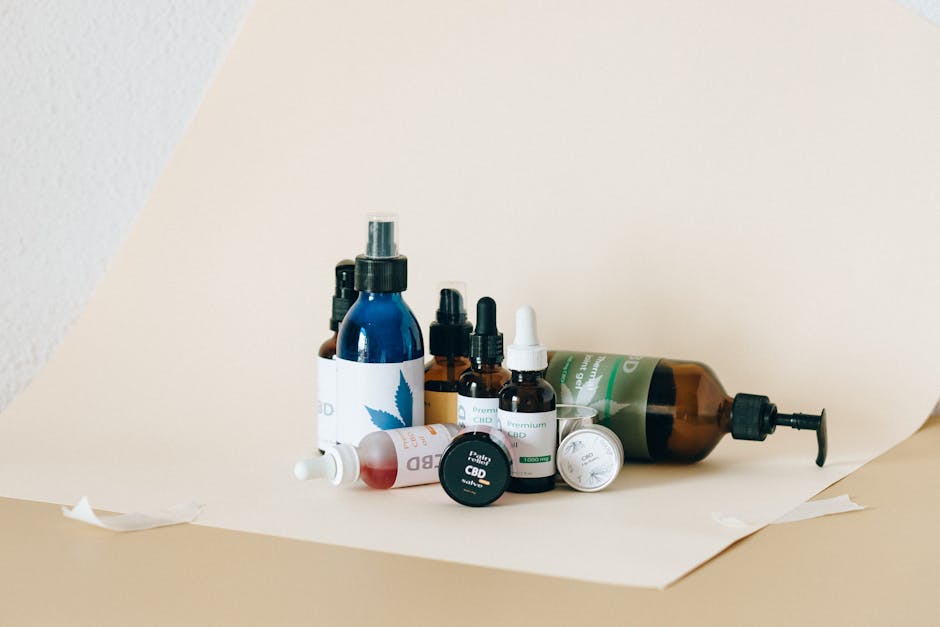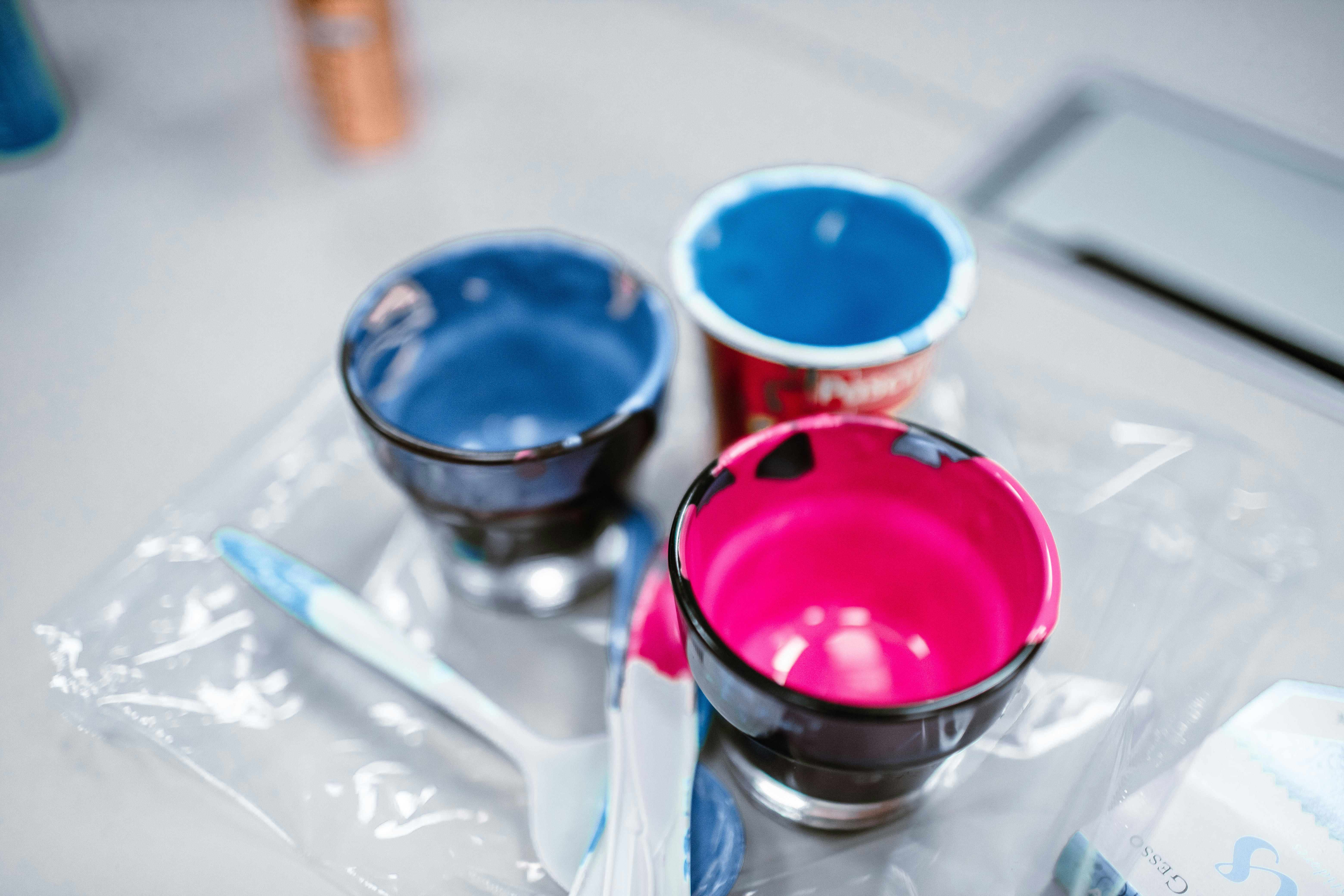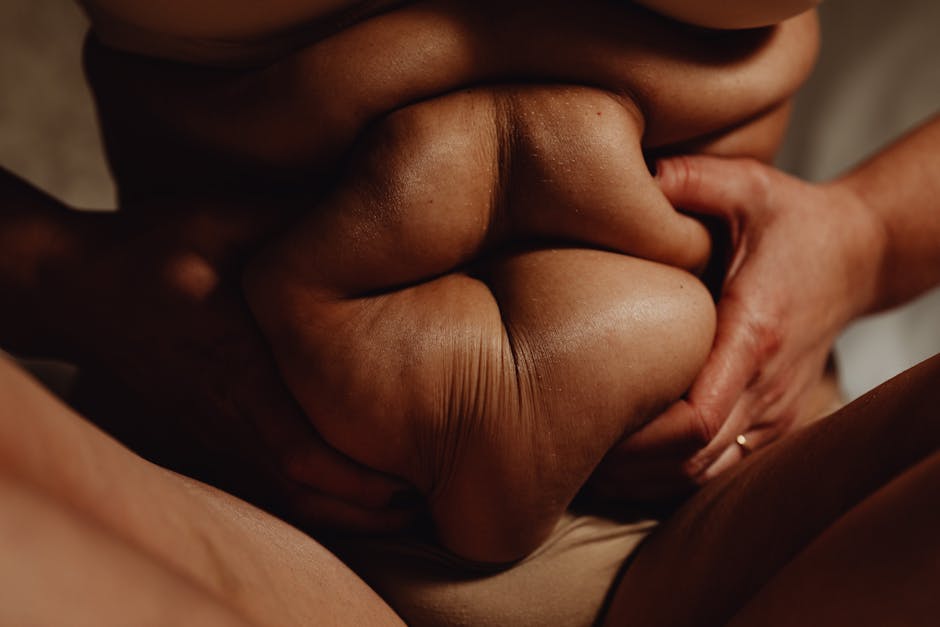Unique Skincare Rituals Across Cultures: From Ancient Wisdom to Modern Adaptation
Unveiling the diverse world of skincare and beauty rituals reveals a treasure trove of ancient wisdom intertwined with modern adaptations. Across continents and centuries, cultures have shaped their skincare practices by harmonizing natural resources, unique ingredients, and traditional knowledge. In this article, we will explore how unusual cultures have crafted their skincare rituals, providing insights that not only honor the past but also inspire a fresh perspective for contemporary beauty enthusiasts.
The Fabric of Culture in Skincare: A Global Perspective

Understanding that beauty is inherently cultural opens up a vast landscape of skincare rituals that transcend borders. While many of us may gravitate towards widely marketed cosmetics, there exists a wealth of practices rooted in tradition that resonate deeply within their respective societies. From the oil cleansing methods of Japanese women to the vibrant use of indigenous herbs by African tribes, each approach tells a story.
By tapping into these authentic practices, modern skincare routines can benefit not only from the wisdom of the past but also from unique ingredients that nourish the skin like never before. These rituals often leverage local resources, embodying the spirit of sustainability as promising alternatives to environmentally taxing mass-produced products.
The Japanese Influence: Oil Cleansing and Nature’s Bounty

One of the most celebrated skincare rituals hails from Japan, where oil cleansing stands as a time-honored method for achieving luminescent skin. This practice, known as "double cleansing," begins with an oil-based cleanser that effortlessly removes makeup and impurities while preserving the skin's natural moisture. The ritual emphasizes the belief that nurturing the skin begins with its delicate balance, an idea deeply rooted in Japanese culture.
In an age driven by rapid consumption, exploring an approach like Japanese oil cleansing is a refreshing reminder of intentionality. It emphasizes the importance of choosing skincare products with natural, effective ingredients, much like upcycled ingredients that elevate beauty without sacrificing the earth.
Indian Ayurvedic Treatments: Balance and Holistic Care

Moving west, we encounter the ancient art of Ayurveda in India, which emphasizes balance and natural healing. Ayurvedic skincare rituals utilize a fascinating array of ingredients, including herbs, spices, and oils, all chosen based on the individual’s dosha (body constitution). Practices like "Ubtan," a paste made from ground lentils, turmeric, and sandalwood, not only cleanse but also brighten and rejuvenate the complexion.
By embracing the principles of Ayurveda, individuals can craft personalized skincare routines that cater to their unique skin types. This individualization aligns harmoniously with the rise of custom beauty solutions, such as those mentioned in our article about AI-driven beauty, allowing consumers to merge tradition with contemporary technology.
Southeast Asian Traditions: Natural Oils and Herbal Extracts

The lush landscapes of Southeast Asia have given birth to vibrant skincare rituals, heavily centered on natural oils and herbal extracts. For instance, the Philippines boasts a tradition of using coconut oil, revered not only for its hydrating properties but also for its rich history of being a multi-purpose beauty staple across the islands. It’s common to find coconut oil as part of the skincare routine, from daily moisturization to treatment for skin ailments.
Moreover, the intricate use of herbs like lemongrass, known for its antibacterial properties, aligns closely with the rising consumer demand for clean beauty products. As more individuals become aware of what they put on their skin, the recognition of simple, effective ingredients resonates more than ever. This growing awareness pairs wonderfully with the principles related to what really works in beauty, drawing from science and nature for optimal results.
The Mediterranean’s Olive Oil Wisdom: Nourishing Hydration

In regions bordering the Mediterranean, olive oil has long been celebrated not only as a culinary staple but also as a skincare powerhouse. The ancient Romans famously used olive oil for massage and as a moisturizer, and its benefits continue to be embraced today. Rich in antioxidants, vitamins, and healthy fatty acids, olive oil has the dual benefits of nourishing and protecting the skin.
As we reflect upon these practices, it's fascinating to note that the simplicity of such rituals often allows them to transcend generations. By incorporating ingredients like olive oil, contemporary skincare brands can align with sustainable practices while offering consumers effective solutions to skincare challenges.
Insights from South America: Indigenous Wisdom and Resilience

Traveling south, we find that indigenous cultures in South America have enriched the skincare landscape with a diverse array of botanical ingredients. The use of Amazonian oils, such as buriti oil, derived from the fruit of the Mauritia flexuosa palm tree, showcases their advanced knowledge of natural beauty therapies. This potent oil is high in beta-carotene and essential fatty acids—ideal for revitalizing the skin.
Furthermore, rituals that honor local plants convey respect for Mother Nature. Indigenous wisdom intertwines skincare with spirituality, offering a holistic understanding of the body and the earth. This notion resonates deeply in our modern context, encouraging consumers to tread more lightly and consider the origins of their beauty products.
Ancient Egyptian Elegance: Beauty in Simplicity

Across the sands of time, ancient Egypt practiced a skincare tradition that revolved around simplicity and luxury. Essential oils, such as myrrh and frankincense, were highly prized by beauty enthusiasts of the era and used in various skin treatments. The Cleopatra myth endures largely due to her milk baths, said to keep her skin impeccably youthful.
Today, this wisdom translates into the understanding of how simple, effective ingredients can transform our skincare rituals. It calls for a return to less-is-more formulations that prioritize quality over quantity. Moreover, the essence of these practices harmonizes with contemporary perspectives around the influence of mood-boosting beauty, highlighting how rituals nurturing self-care contribute to our emotional well-being.
The Intersection of Ancient Wisdom and Modern Science

As we journey through the world of unusual skincare cultures, it becomes evident that these practices share a common thread: a deep respect for nature and the body. With growing awareness of sustainability and the environmental impact of beauty products, many brands are looking to incorporate these traditional methods into their offerings.
The intersection of ancient wisdom and modern science facilitates the creation of innovative hybrid products that not only cater to the skin but also echo the narratives of cultural heritage. This synergy allows consumers to experience the potent effects of time-tested ingredients while enjoying the benefits of modern formulation science.
Final Thoughts: Embracing Diversity in Skincare Practices
As we've explored, skincare rituals from unusual cultures signify much more than mere trends; they encapsulate humanity's quest for beauty, health, and community well-being. By embracing these ancient practices, modern beauty aficionados invite a wealth of benefits into their skincare regimens. Investing in knowledge rooted in culture not only expands our horizons but also drives the industry toward sustainable innovation.
As a corner of the beauty market diversifies, consider incorporating elements from these rich traditions into your routine. Seek products that leverage the power of natural ingredients while celebrating their cultural origins. In doing so, you’re not just indulging in beauty; you’re nurturing your skin, mind, and the world around you.
Explore these strategies, and you will not only be enhancing your skincare collection but also preserving diverse cultural heritages. Embrace the wisdom of ancient rituals, and let your beauty be a reflection of both self and society!



